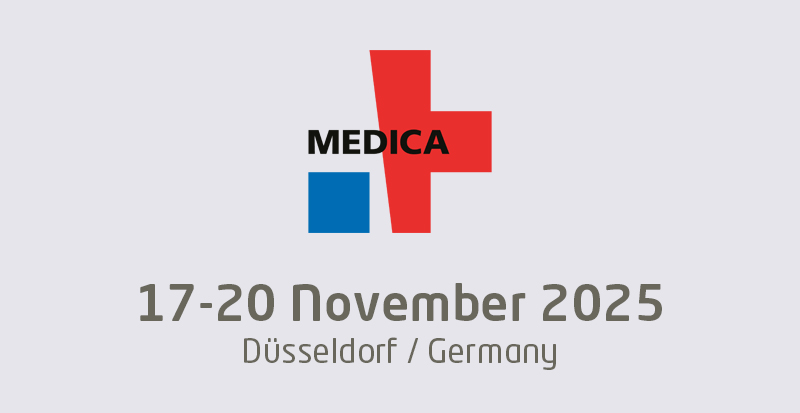We’ve got yet another major data breach to report that affects millions of users, this one of a very personal nature. This week, it was revealed that Chinese hackers compromised 4.5 million medical records from Community Health Systems, a hospital network with 206 facilities in the United States. Ask your doctor today if identity theft prevention is right for you.
For hackers, medical records are a valuable target, netting an average of $50 per record on the black market. Do the math; these hackers made off pretty good. Medical records are valuable because they’re loaded with sensitive information, including a patient’s name, Social Security number, birthday, address, phone numbers, and more.
It’s taken a few months for the extent of the breach to come to light, and it turns out that every patient of the Community Health Systems is directly affected and at serious risk of identity theft. Due to the large volume of personal data packed into a single medical record, a hacker with this stolen information would be able to do something as drastic as to apply for a credit card or loan under the victim’s name–a move that would ruin one’s credit.
Community Health Systems operates in 28 states, with the bulk of their offices located in Alabama, Mississippi, Oklahoma, Pennsylvania, Florida, Texas, and Tennessee. The FBI determined that the breach took place between April and June of 2014, and they’re currently investigating the crime and tracking down the criminals. The FBI suspects that those responsible are also guilty of other high-profile hacking cases.
In response to the hack, Community Health Systems is offering their customers identify theft protection, but for many, the damage may have already been done. Under the Health Insurance Portability and Accountability Act of 2006 (HIPAA), patients have the right to sue over the loss of their personal information. Therefore, the fallout from such a massive breach promises to be very messy.
Data breaches like this aren’t limited to the Healthcare Industry. Every kind of business is at risk of having their data compromised. In fact, research from the Ponemon Institute estimates that, in the U.S., each compromised record costs the affected organization $184-to-$194 per capita.
Can your business afford to be victimized by a hacker like this? Probably not. Thankfully, network security monitoring from Network-911 is a preventive solution that’s affordable. With our Managed IT services, we can detect unusual activity on your company’s network. In times like this where so many hacking stories are hitting the news, your customers will appreciate knowing that you’ve taken extensive preventative measures like managed IT to help keep their personal data safe.
Another great security solution we offer is an enterprise-level network firewall that comes with our Unified Threat Management tool. With a strong firewall, you can keep out the virtual invaders. Call Network-911 today to learn more about how we can protect your sensitive data!

























